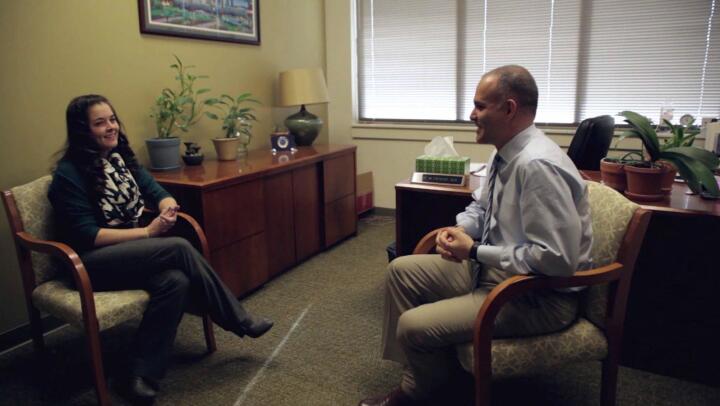
Treatment for bipolar disorder is aimed at controlling symptoms and preventing a relapse of wild mood swings between high-energy mania and depression. However, for about 75 percent of people with bipolar disorder, relapses are part of the disease. Identifying events or situations that seem to trigger a relapse for you, and recognizing the early symptoms, could help you prevent or limit the effects.
Relapse Triggers
Triggers are different for everyone. Keeping a chart of daily activities can help you identify your triggers. You’ll be able to see what events lead to symptoms and what your specific early relapse symptoms are.
Obvious triggers are not taking your medications and missing your psychiatrist and therapy appointments. Here are other common relapse triggers:
Stressful life event, like moving or losing your job
Exciting life event, like having a baby or getting married
Lack of regular sleep
Lack of a daily routine
Too much pressure or stress in your daily life
Tobacco use or too much caffeine
Abuse of alcohol or drugs
Relapse Warning Symptoms
Early warning symptoms can give you the chance to call your medical team and use your support system to prevent a full-blown relapse. Often, and especially with a manic episode, these warning signs are picked up by friends or loved ones even before you’re aware of them. Make sure your friends and loved ones are part of your relapse prevention plan.
Warning signs for a manic episode include:
Needing less sleep
Having more energy
Being more talkative
Having racing thoughts
Making big plans
Being irritable and distracted
Being more interested in sex
Making bad decisions and engaging in risky behaviors
Warning signs for an episode of depression include:
Less interest in daily activities
Less time spent with friends or family
Trouble concentrating
Tiredness and lack of energy
Intense worry or anxiety
Sadness
Aches and pains
Neglect of daily tasks and self-care
A review of 38 articles on bipolar relapse prevention, published in the Journal of Psychiatric Practice, found that the risk for a relapse is highest in people who have lingering bipolar symptoms despite treatment; those who’ve had frequent relapses in the past; and those who’ve had short intervals between past relapses. Stressful life events were a primary trigger.
The review also found that taking medications as directed, getting talk therapy, and having a good support system are the best ways to lower the risk of a relapse. Be aware of possible triggers and try to avoid them at all costs. If you have an early warning sign of a relapse, or if a loved one notices relapse behavior, call your doctor and use your support system.
Key Takeaway
Relapses of mania or depression are common in people with bipolar disorder.
Stressful life events and not taking your medications are common relapse triggers.
Knowing your triggers and warning signs, sticking with your medical treatment, participating in talk therapy, and having a strong support system are the best ways to prevent relapse.
Spotting early warning signs for depression or mania gives you time to get help and prevent a full-blown bipolar episode.













